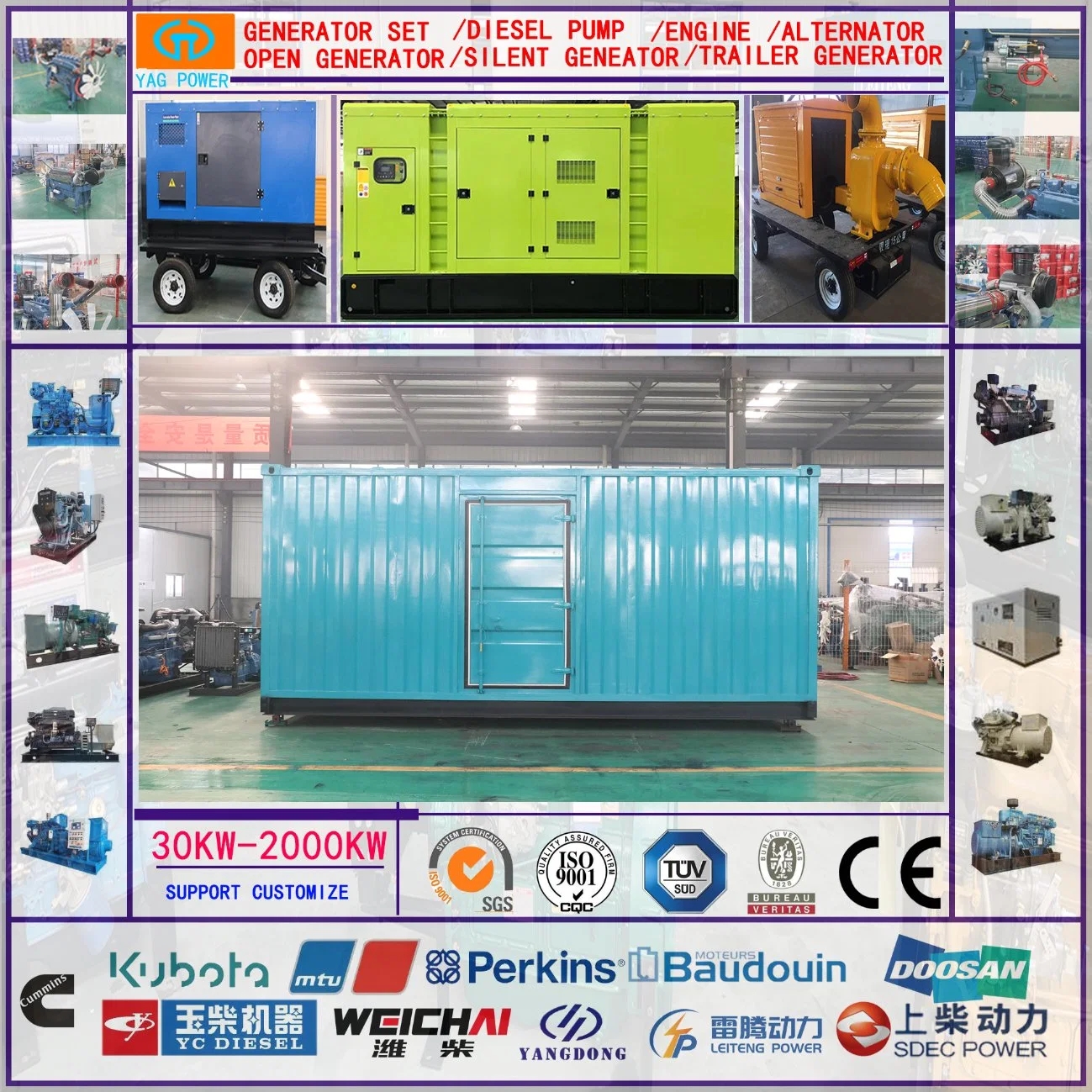Introduction
Diesel generators are commonly used in various industrial and commercial applications to ensure uninterrupted power supply during outages or as a backup source of electricity. One crucial aspect of diesel generators that is often overlooked is their role in power factor control. Power factor is an essential parameter that affects the efficiency and quality of electrical power systems. In this article, we will delve into the significance of power factor control, the role of diesel generators in achieving optimal power factor, and the benefits of using diesel generators for power factor correction.
Understanding Power Factor
Power factor is a measure of how effectively electrical power is being utilized in a system. It is the ratio of real power (kW) to apparent power (kVA) and is represented by a value between 0 and 1. Power factor can be leading (greater than 0) or lagging (less than 0) depending on the phase relationship between voltage and current in an AC circuit. A power factor of 1 indicates that all the power is being effectively utilized, while a power factor closer to 0 indicates inefficiency in power consumption.
Low power factor can lead to a range of issues, including increased electricity costs, reduced system efficiency, voltage drops, overheating of equipment, and power losses. https://www.lkpowerplant.com/product/quick-delivery-emergency-standby-power-400kw-silent-type-diesel-generator-set-for-peru/ is the process of improving power factor to ensure efficient utilization of electrical power and mitigate these issues. Power factor correction is particularly important in industrial and commercial settings where large motor loads and inductive equipment can cause power factor to deviate from the ideal value of 1.

Role of Diesel Generators in Power Factor Control
Diesel generators play a crucial role in power factor control by providing reactive power support to the electrical system. Reactive power is the component of power that oscillates between the source and load due to inductive or capacitive elements in the circuit. Diesel generators can be equipped with power factor correction capacitors or synchronous condensers to supply reactive power and help maintain the power factor within the desired range.
When a diesel generator is running in parallel with the grid or other generators, it can help stabilize the power factor of the system by adjusting the reactive power output. By actively controlling reactive power flow, diesel generators can improve system efficiency, reduce voltage fluctuations, and enhance the overall reliability of the electrical network. In essence, diesel generators act as a dynamic power factor correction device that ensures optimal power factor levels under varying load conditions.
Benefits of Using Diesel Generators for Power Factor Correction
There are several benefits to using diesel generators for power factor correction in electrical systems:
1. Improved System Efficiency: By maintaining a high power factor, diesel generators help reduce energy losses and improve the overall efficiency of the electrical system. This results in lower electricity costs and enhanced performance of connected equipment.
2. Voltage Stability: Diesel generators can provide reactive power support to stabilize voltage levels in the system, especially during transient conditions or sudden load changes. This helps prevent voltage fluctuations and ensures a consistent supply of power to critical loads.
3. Reducing Demand Charges: Many utilities charge commercial and industrial customers based on their maximum demand or power factor. By using diesel generators for power factor correction, businesses can avoid costly demand charges and penalties associated with low power factor.
4. Backup Power Supply: In addition to power factor correction, diesel generators serve as a reliable backup power source in case of grid failures or outages. This dual functionality makes diesel generators a versatile and cost-effective solution for ensuring uninterrupted power supply and maintaining optimal power factor.
5. Scalability and Flexibility: Diesel generators can be easily scaled up or down to meet changing power demands and load conditions. This flexibility allows for efficient power factor correction in systems with varying load profiles and enables customized solutions for different applications.
6. Environmental Impact: While diesel generators are known for their emissions, advancements in engine technology and emissions control systems have significantly reduced their environmental footprint. By using modern diesel generators with low emissions, businesses can achieve power factor correction while minimizing their impact on the environment.
Conclusion
Diesel generators play a critical role in power factor control by providing reactive power support and ensuring optimal power factor levels in electrical systems. By actively managing reactive power flow, diesel generators help improve system efficiency, stabilize voltage levels, and reduce electricity costs. The benefits of using diesel generators for power factor correction extend beyond just efficiency gains to include voltage stability, cost savings, reliability, scalability, and environmental considerations. With the right design, installation, and maintenance practices, diesel generators can be a valuable asset in achieving power factor control and enhancing the performance of electrical power systems.
